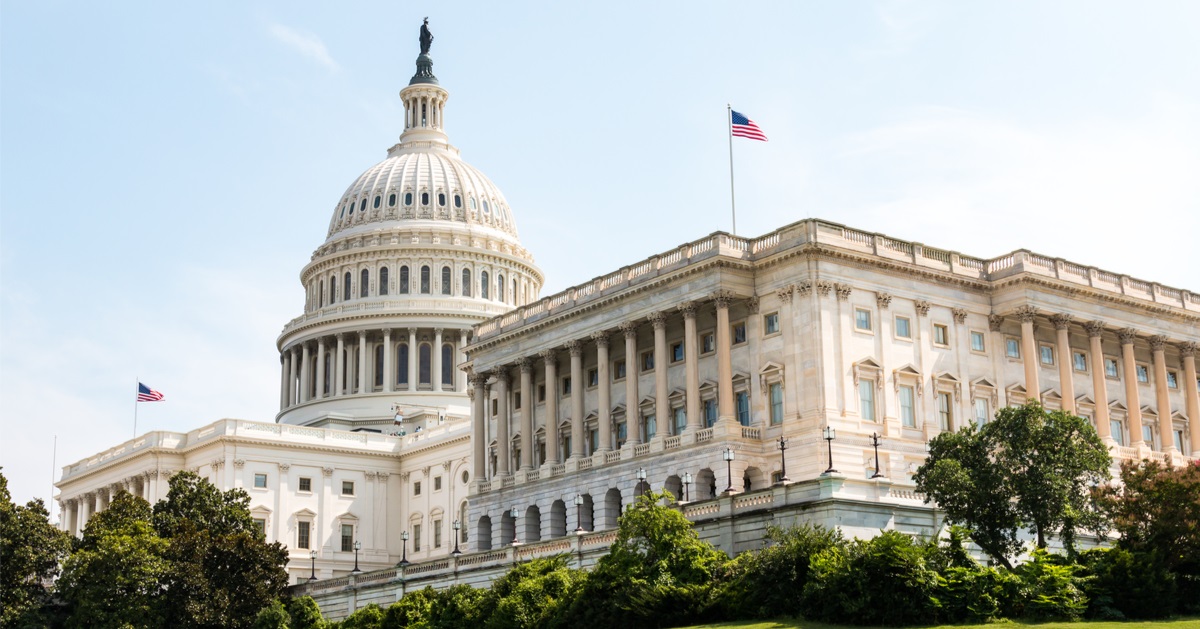Special Counsel Smith's 'limitless' funding a cause of concern for Judge Cannon
One of former President Donald Trump's several efforts to get the federal classified documents case dismissed is an allegation that Special Counsel Jack Smith's initial appointment and continued funding are unlawful.
On Monday, presiding Judge Aileen Cannon held a hearing on the funding portion of Trump's dismissal motion and seemed to express some concerns about the government's financial arrangements that fund special counsel prosecutions, the Washington Examiner reported.
Monday's hearing was a continuation of Friday's hearing that addressed Smith's allegedly unlawful appointment in 2022 by Attorney General Merrick Garland, and by way of her tough questions for both the prosecution and defense lawyers in both hearings, Cannon has not revealed how she might rule on the matter.
Smith's appointment and funding are unconstitutional, Trump's attorneys say
It was in February that former President Trump's attorneys first filed a motion to dismiss the classified documents indictment on account of Special Counsel Smith's unconstitutional initial appointment and the unlawful nature of how his office is funded.
They argued that the office is funded "off the books" through a special "permanent indefinite appropriation" created via internal Justice Department regulations for the now-defunct position of "independent counsel" and not through the normal congressional appropriations process, as intended by the Constitution.
Trump's attorneys further asserted in the motion that "Because Smith lacks sufficient independence" from the attorney general and Biden administration, "he should not be permitted to access the permanent indefinite appropriation. This defect serves as another basis for dismissal."
"Limitless" funding provokes "separation of powers concerns"
Just Security provided a detailed analysis of Monday's hearing and noted that Judge Cannon expressed concerns about the apparently "limitless" funding available to the special counsel's office and what that implies about the separation of powers principle.
Cannon pointed to a recent Supreme Court ruling that upheld an unusual funding mechanism for the purportedly independent Consumer Financial Protection Bureau and noted that it was upheld in part due to there being "an inflation-adjusted cap" on its funding that is not present on the special counsel's funding mechanism.
She then proceeded to conduct something of an audit of the special counsel's public expenditure reports, which prompted prosecuting attorney James Pearce to suggest that the funding could be altered to be drawn from a $1 billion pool of congressionally authorized DOJ funds, which could be achieved with "congressional acquiescence" to the change.
Cannon replied, however, that "The doctrine of congressional acquiescence is not the most robust doctrine."
Sudden change in funding source will result in a "very strong political response"
Newsweek reported that while Judge Cannon was scrutinizing the funding and expenditures of the special counsel's office, federal attorney Pearce objected to the relevance of her questions about what the funds were being spent on.
That is when Cannon expressed her belief that when funding is "limitless, there is a separation of powers concern." Pearce interjected to argue that prior precedent "says to only focus on the source and the purpose" of the funding and not the amount or how it is spent, but that resulted in Cannon scolding, "Don't interrupt me."
As for the suggestion from Pearce that the special counsel's funding could be altered with "no effect or change whatsoever" to the ongoing case, according to ABC News, Trump's attorney Emil Bove jumped in to argue that such a change in funding would elicit a "very strong political response" from congressional Republicans as well as more motions to challenge the move from the defense.
Courthouse News reported that Bove later summarized the entire motion challenging Special Counsel Smith's appointment and funding as nothing more than an effort to achieve more accountability for the supposedly independent prosecutor, and he said, "Our position is that more oversight from Congress is required for the extraordinary things that are happening in these proceedings."






